Thanksgiving is coming up and while it’s often seen as a holiday gathering coupled with turkey feasts and large gatherings with friends and family, times have definitely changed. As a result of the coronavirus pandemic, the holiday season is definitely looking a little different this year.
The U.S. is dealing with a record number of daily infections so the question of if thanksgiving is canceled is definitely heavy in the air. Now with many people concerned about spending yet another holiday away from family and friends, we’ve put together a guide to how you can celebrate Thanksgiving this year.
Celebrating Thanksgiving During COVID-19 Pandemic
Assess the risk
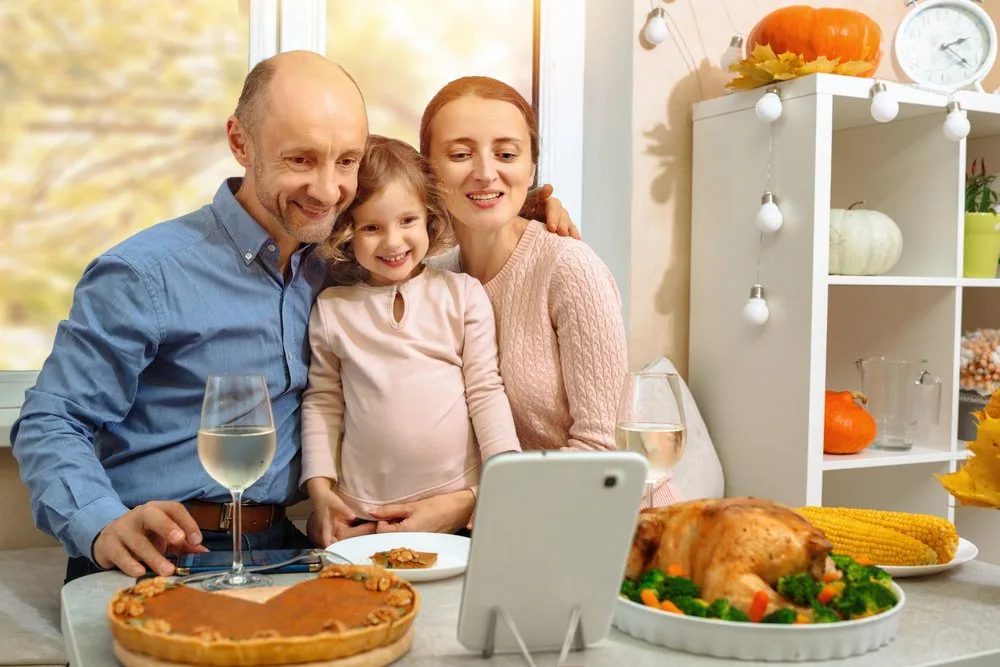
ShineTerra/Shutterstock
Yes, you really want to spend time with your family and friends but you really have to ask yourself if its worth the risk, especially with the research that advises against it. For instance, a recent study from the CDC found that in a room full of people, someone who has COVID-19 is likely to infect 53% of the people in the room.
You should ask yourself questions such as;
- Are cases rising in your area?
- Will guests be coming from hotspots?
- Are there any vulnerable guests?
If you find yourself answering yes tool three questions, then you may need to postpone Thanksgiving.
Have a virtual Thanksgiving
We’ve been doing everything virtual for the past few months, so why not Thanksgiving?
A virtual dinner party is the safest way to connect with your loved ones and enjoy a delicious meal together.
To keep the virtual thanksgiving interesting, try a few of the below tips:
- Share recipes beforehand so that you can all enjoy the same meal together
- Get everyone to share what they’re grateful for – after the year we’ve all had, we’re sure jay It’s going to be a long list.
But if you must…
If you insist on hosting a Thanksgiving celebration with friends and family in person, here are a few suggestions that you can keep in mind when doing so.
Keep it small – really small
You don’t need a big party to have a good time – and you also don’t need to invite that cousin that you only see during weddings or funerals. Additionally, college students should probably return home and if they do, it should be after they’ve tested for the virus.
Not only does a small group make it easier to social distance, but it also helps to strengthen the bonding experience. Keeping your group small also allows for easy social distancing and makes it easier to remember to distance.
Ask your guests to take precautions
If your guests include people from outside your home, then it’s important that you remind them to take the necessary precautions. This can include and is not limited to:
- Testing
- Limiting their exposure to the outside at least 2 weeks before they come to your home
- Coming with their own sanitizer
- Coming with their own cutlery
It’s also advisable to exclude a Thanksgiving buffet or platters this year.
Take it outside
Why don’t you change things up a bit and eat outside? The CDC suggests that eating outdoors can help to protect your health and reduce the risk of infection.
Not only will there be enough airflow to help reduce the risk of transmission, but it will also be easier to seat people 6 feet away from each other.
Stay vigilant throughout the day
There are additional ways to which you can protect your health, as well as the health of your guests. These include:
- Disinfecting the bathroom after each use
- The wearing of masks when not eating
- Regularly sanitizing
- Greeting with elbows as opposed to hugs
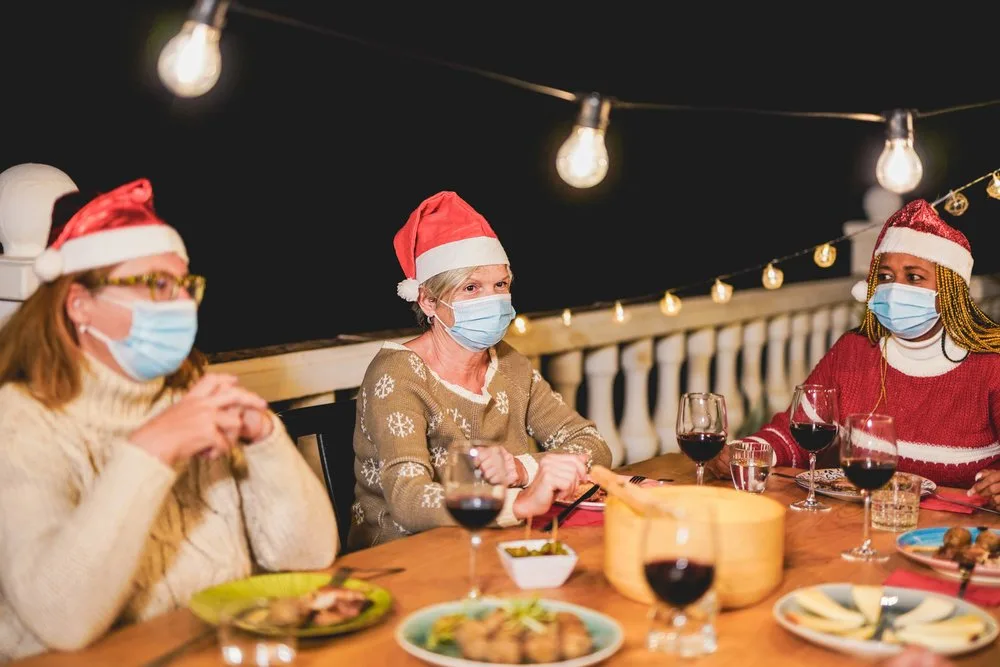
Avoid traveling
Traveling can definitely increase your risk of infection, and this can only cause problems for those you’re planning on eating with.
The CDC weighed in recently on the latest burning issue related to the COVID-19 pandemic: Thanksgiving travel. “Just stay home,” agency officials said in a press call. The agency already had recommendations for Thanksgiving on its website, but held the call to highlight a few notable updates. Now the federal public health authority strongly recommends against any and all travel for Thanksgiving.
Anything can go wrong at airports, as well as train and bus stations. What’s more, with AAA Travel estimating that 2.4 million Americans plan on traveling by air for Thanksgiving, perhaps it’s best that you skip out on nonessential travel.
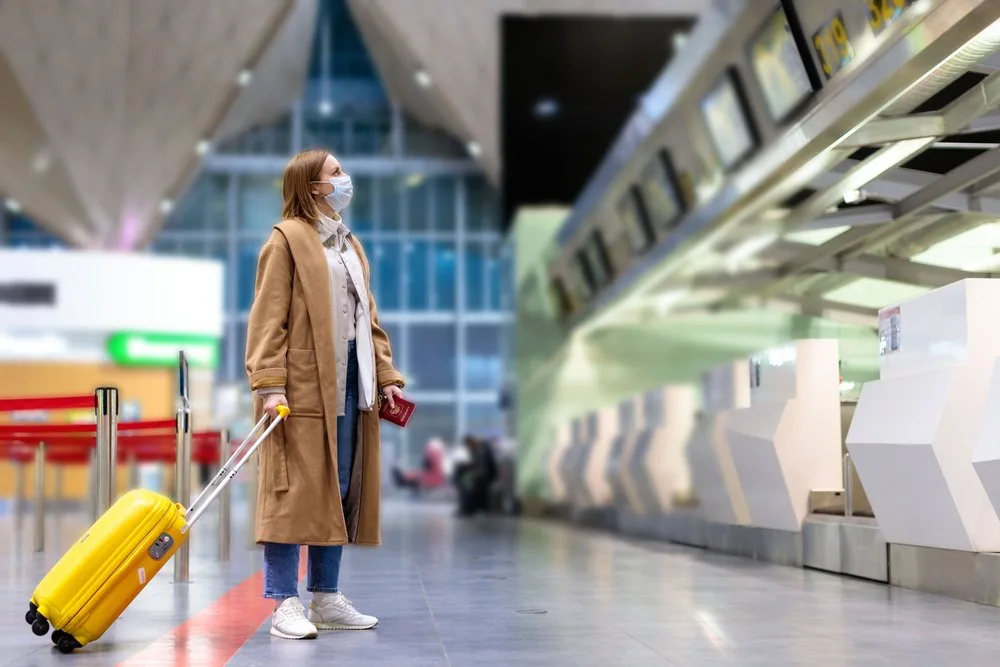
But if you must travel
Traveling by car
- This should be your first option
- Avoid traveling during non-peak hour
- Avoid takeout – bring your own food and eat it in the car
- Keep your mask on if you use a public restroom
- Avoid crowded spaces
- Try to avoid a motel and hotel rooms
- If using ride-share, avoid riding with unmasked drivers or passengers
- Avoid touching surfaces
- Don’t accept free water bottles or food
- Sit as far as possible from the driver
- Open the windows for air circulation
Traveling by plane
- Choose airlines that are not selling the middle seats
- Sit at the window
- Avoid sitting close to the toilets
Donate to those in need
It’s been a heavy year for all of us, and many are experiencing extreme loss and hardships.
That said, you should spend a few minutes of your holiday break to donate to an organization. Better yet, you could also check in on your elderly neighbors and offer to do some thanksgiving shopping for them.
The bottom line
It’s been a long year and suffice to say, a lot of us were looking forward to Thanksgiving. Now while this year’s festivities may not necessarily be what you had in mind, there’s no reason as to why you can’t at least enjoy Thanksgiving.


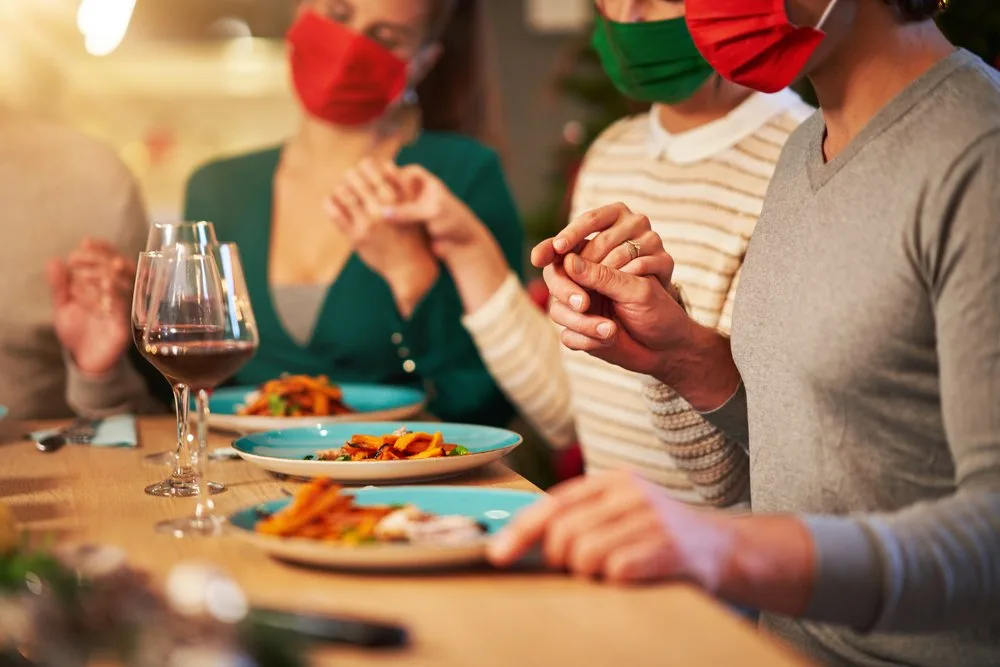
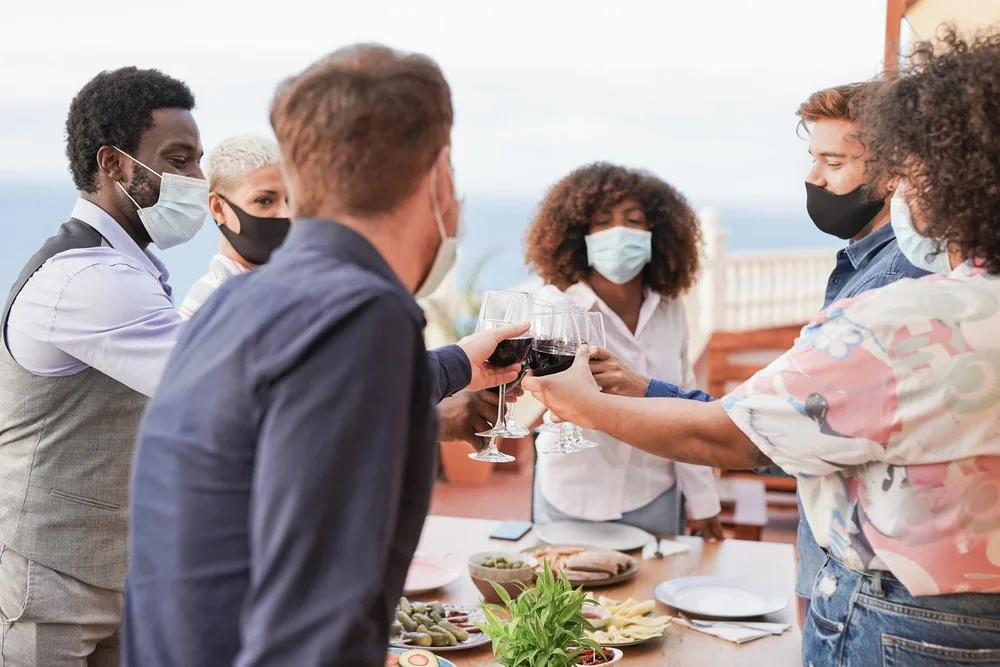
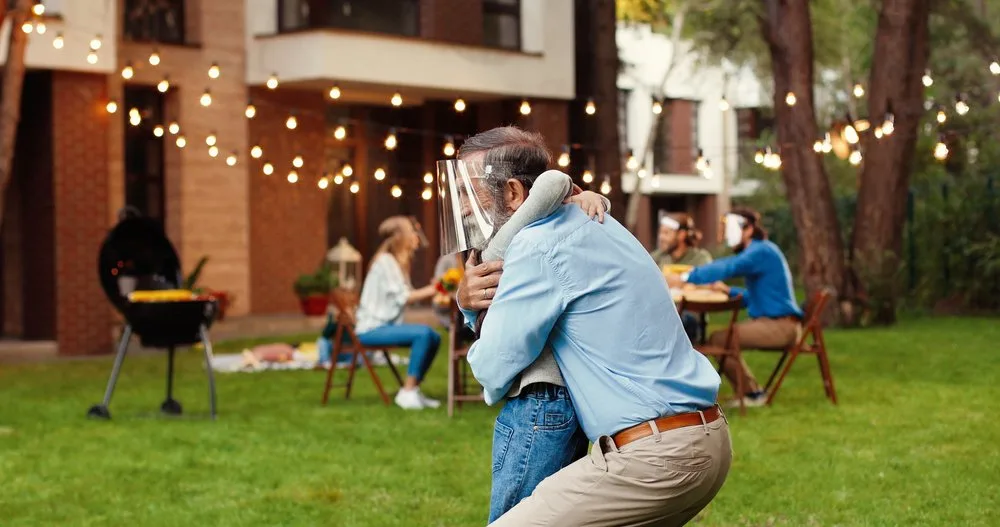
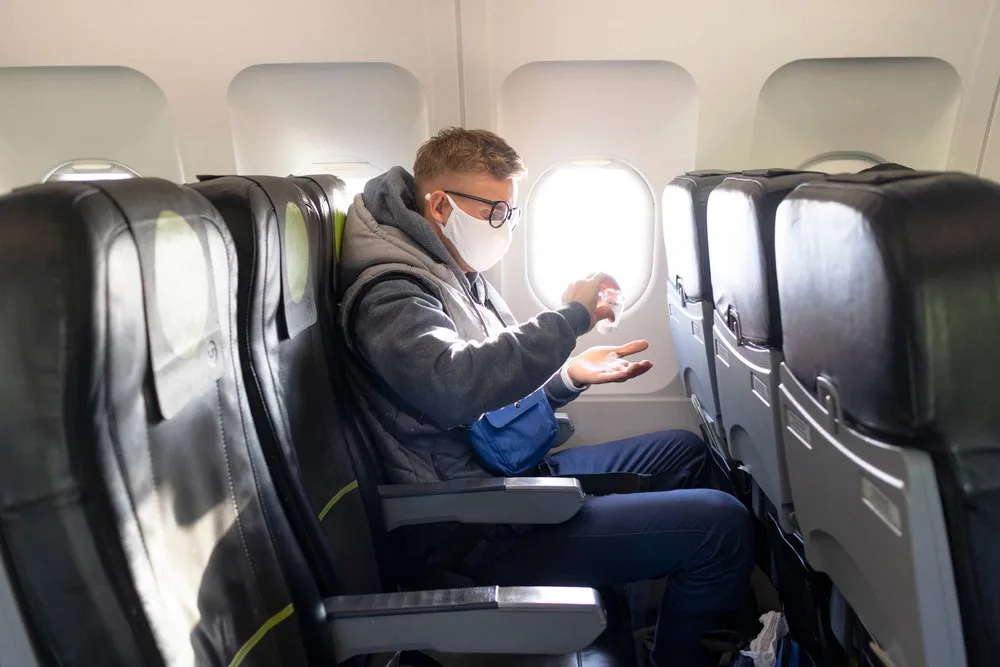
![women [longevity live]](https://longevitylive.com/wp-content/uploads/2020/01/photo-of-women-walking-down-the-street-1116984-100x100.jpg)










